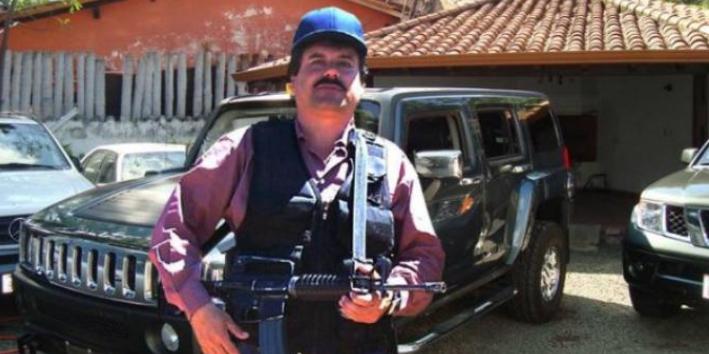
EspañolJoaquín “El Chapo” Guzmán’s impressive escape from prison has put the Mexican government in a bind. Unfortunately, it has not provoked the proper debate over the real issues regarding drugs.
The kingpin’s wealth and power rendered security measures futile. Guzmán escaped from prison through an impressive engineering feat, a tunnel equipped with electricity, ventilation, and a motorcycle on rails. His collaborators worked at ease, likely in collusion with a great number of people both in and out of the penitentiary. All these details confirm the enormous power that drug cartels have attained in Mexico.
Ten years ago, Mexico launched a “war on drugs” with the goal of eliminating illegal trafficking heading north toward the United States. The term “war” is fitting, since the strategy has resulted in some 200,000 casualties, tens of thousands of prisoners, and the killing, detention, or extradition of several cartel leaders to the United States.
Nevertheless, the war is being lost, not won.
These criminal groups always find a way to survive any blow to their organizations. They may be forced to regroup, spread out, and fight among themselves, but in the end are able to retain their lucrative business. Like a hydra with 100 heads, new bosses replace those who are forced out of the scene. Their immense financial wealth allow them to buy officials at every level, and threaten and punish those who oppose them.
Paramilitary groups have sprung up to fight the cartels since the government is unable to do so, creating a conflict that the state is unable to fully control. The result of this drug war has been a deplorable increase in corruption, a demoralized nation, and a climate of violence and insecurity which further hinders progress for the Mexican people.
The real issue for this country is that it has committed to a war that cannot be won. As long as there is a thriving consumer market, and there is demand for what they supply, cartels will maintain their insurmountable power. Their resources are immense and their ability to penetrate markets is frightening.
Despite multiple “anti-drug” campaigns, millions of US residents continue to pay good money for illegal drugs, and their government doesn’t really do much to prevent trafficking on its own turf. If there is a well-structured, ruthless organization on one side of the border, then logic dictates there should be one on the other side as well.
It isn’t possible that drugs reach consumers in North America without first passing through a very well-structured distribution base throughout the region. Where are the US drug lords? Where are these captured capos, the confrontations, the high-level networks that meet and negotiate with the likes of “El Chapo” Guzmán?
I honestly don’t know what’s going on in the United States in terms of the war on drugs. My impression is that little is done there, aside from detaining thousands of petty dealers and consumers who are caught off-guard. It seems they’d rather export this evil war to Mexico, Central America, and other countries in our region. The results after decades of prohibition have truly been quite few.
Given that current methods have failed, Mexico, the United States, and other regional countries should begin to examine other means of controlling the scourge of drugs. A look back at history and what happened during Prohibition in the 1920s in the United States should help guide a new path.
During Prohibition, crime and violence rates skyrocketed, while alcohol consumption did not decrease. In the end, the ban was lifted and things went back to normal, as they are now.
This example shows the limitations of current policies. To change them, however, it will be necessary to confront the very powerful interests that drug prohibition has created. And this, I know, is very difficult. That is why we will likely witness more death, violence, and corruption in the near future, until legislators realize that this cannot go on.
 Versión Español
Versión Español












